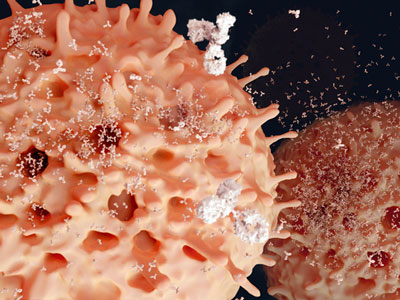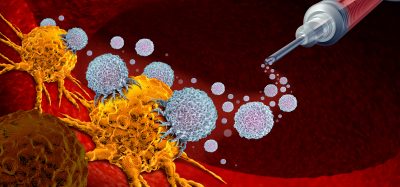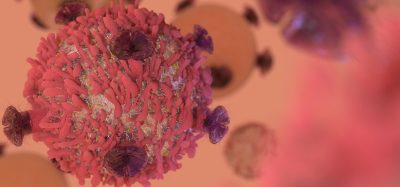Myxoma virus kills cancer cells while blocking graft-versus-host disease in bone marrow transplants
Posted: 8 June 2015 | Victoria White
Researchers have discovered that the myxoma virus can kill some kinds of cancer cells while eliminating a complication of bone marrow transplants…

University of Florida researchers have discovered that a rabbit virus can kill some kinds of cancer cells while eliminating a common and dangerous complication of bone marrow transplants.
For patients with blood cancers such as leukaemia and multiple myeloma, a bone marrow transplant can be both curative and perilous. It replenishes marrow lost to disease or chemotherapy but raises the risk that newly transplanted white blood cells will attack the recipient’s body.
Now researchers say the myxoma virus, found in rabbits, can do double duty, quelling the unwanted side effects of a bone marrow transplant and destroying cancer cells.
“The myxoma virus could be especially helpful to patients who have recurring cancer but cannot find a suitable bone marrow donor,” said Christopher R. Cogle, M.D., the study’s lead investigator and an associate professor in the UF College of Medicine’s division of haematology and oncology. “Bone marrow transplants from partially matched donors carry about an 80% risk of graft-versus-host disease, and the myxoma treatment would address that.”
Myxoma virus could improve marrow transplant options for patients less likely to find bone marrow donors
The myxoma virus also could improve bone marrow transplant options among African-Americans and the elderly. Those patients are less likely to find fully matched bone marrow donors, which raises the risk of graft-versus-host disease, according to Cogle.
“Myxoma is one of the best strategies because it is effective but doesn’t affect normal stem cells,” he said.
During laboratory testing on human cells, the process worked this way: The myxoma virus is attached to a type of white blood cell known as a T-cell. The virus-laden white blood cells can then be delivered as part of a bone marrow transplant from a donor. That’s when the virus gets activated and goes to work. It blocks graft-versus-host disease, a complication of bone marrow transplants that can cause problems including skin rash, shortness of breath, abdominal pain, jaundice and muscle weakness. In severe cases, these complications can be fatal. The white blood cells then deliver the myxoma virus to cancer cells, which are killed off by the virus.
After successfully testing the process with human cells, researchers are now studying its effectiveness in a mouse model.
“The dual action of the myxoma virus is particularly encouraging,” said Grant McFadden, Ph.D., a professor in the UF College of Medicine department of molecular genetics and microbiology. “It’s the first time that a virus has been shown to simultaneously prevent graft-versus-host disease and kill cancer cells in the laboratory.”
The process is known to work on blood-related disorders such as multiple myeloma and acute myeloid leukaemia but could someday have broader application for other kinds of cancer.
After the initial success with human cells, McFadden is cautiously optimistic that a clinical trial could begin within a year. Before that, researchers need to develop a clinical-grade virus, do safety testing and raise about $1 million for clinical trials. The UF-owned patent on the myxoma process has been licensed to a Houston-based company, which will seek to raise money for clinical trials.
The research is published in the journal Blood.
Related topics
Gene Testing, Oncology
Related organisations
Cancer Research







